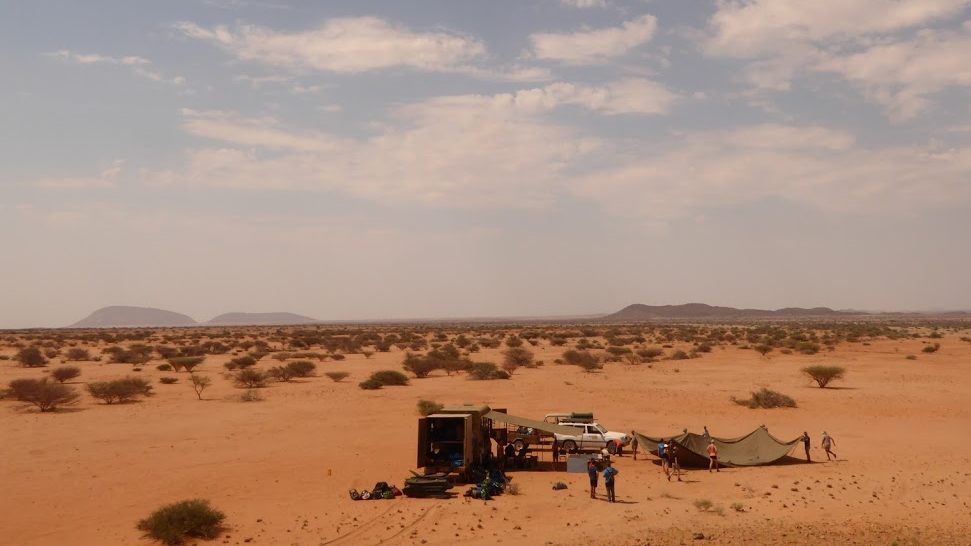
Expedition medicine is one of many ways to practice medicine in the tropics. I have been lucky enough to travel overseas three times in the last couple of years to work on marathons, as well as undertaking similar ventures in the UK. It’s an exciting speciality to be part of without much in the way of an evidence base or clinical governance structure, all of which is under active development. Much of what we have learnt on DTM&H about both clinical practice and conducting research in low resource settings therefore feels highly relevant.
Below are some of the questions I am asked most often about the practicalities of working on expedition.
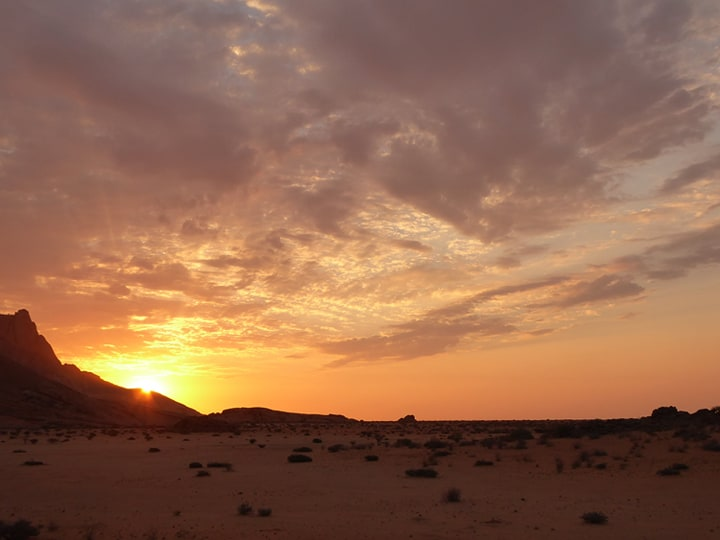
What prompted you to start?
I applied to work with a company called Exile medics after attending one of their events at medical school. The company is recruited by marathon companies to support races abroad and in the UK - from single day marathons to multi-day ultras. (My first race was a one-day marathon in Uganda in the Rift Valley.) I worked on this as part of an eight-strong team made up of doctors, medical students, nurses, and paramedics. It was a truly stunning part of the world and really enjoyed working within such a multidisciplinary team. I went on to sign up for races and training weeks in Guatemala, Namibia, and the UK. Exile’s events are becoming increasingly oversubscribed (they say they could staff some of their trips entirely with ICU consultants if they chose!) and it can necessitate taking last-minute cancellation spots to get a foot in the door. However, the organisers really care about introducing new medics to expedition medicine, and always make a point of taking a team of very mixed experiences.
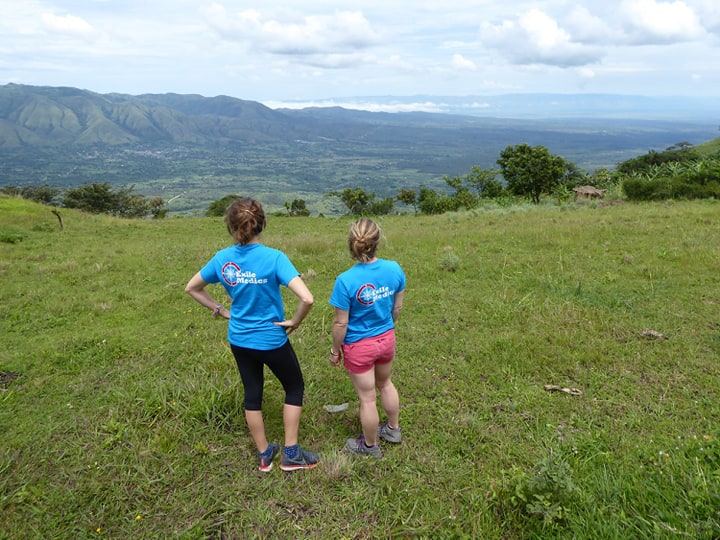
Expedition medicine is an umbrella term also encompassing longer-term adventures, often with a single doctor who stays with the group the whole time. Although there are many translatable skills between this work and supporting races, there are profound differences. The amounts of kit/drugs you would expect to carry, for instance; the clinical presentations which arise; the time away (can be less than a week for an event vs at least a month for long trips); and the challenges of solo vs team working.
How much time does it take up? What is the cost?
I have been able to fit all the work I have done with Exiles into my annual leave. Each race might take about 5 days and so, with travel time either side, the minimum time away is about a week. I know medics from sympathetic deaneries have even been known to use study leave and budget to travel!
Exiles normally charge in the region of £100 to cover their admin costs and towards the kit. Much of this goes towards the medical kit. Given these are sporting events, and participants are pushed to their physiological limits often in very hostile conditions (the 50˚C heat in Namibia springs to mind), the kit is comprehensive and thus expensive. Normally medics also pay for their own flights, with occasionally a small subsidy. However, there are minimal costs in-country, with local currency mostly required for beers at the post-race party. Indemnity can be a hassle to organise, and adds to the cost, but the benefit of having senior supervision 24/7 (as is the case in Exiles) makes it easier to sort.
What’s the day to day routine? What medical conditions do you deal with?
The mantra ‘prevention is better than cure’ applies as much to expedition medicine as to any other speciality. This begins with the pre-race medical brief, during which all of the runners are warned of the most likely reasons they will have to withdraw: namely diarrhoea, blisters and dehydration. During the days, medics are divided into pairs and posted on checkpoints with some basic equipment (the bulk of it remains at base). Many hours are spent taping blisters and basic joint strapping. Although basic, it is incredibly satisfying when your efforts (and half a roll of tape!) are responsible for a runner completing a race. Looking out and treating people who are not maintaining their fluids, at risk of developing heat-related illness, early stages of sunburn, or anything else which might become critical is also key.
Occasionally emergencies do arise. Reduced GCS and seizures are two of the more common presentations, although thankfully still rare. I know medics who have had to manage acute heat-related injury (heat and cold-induced), high altitude cerebral oedema and mental health crises. There are also more participants with chronic disease who participate in events now than in the past, and preparations have to be made to manage any related emergencies. Most checkpoints always have vehicle access and are within comms coverage, so senior support and evacuation is always available.
In longer events, much of the clinical work is the primary care level. Just because a doctor is present and available, people will often seek help for small injuries or minor symptoms they would easily tolerate at home. Mental health on an expedition is also becoming an increasingly well-recognised issue, especially as individuals may often be prompted to sign up for a long trip as part of a recovery process (which they may or may not declare on their entry).
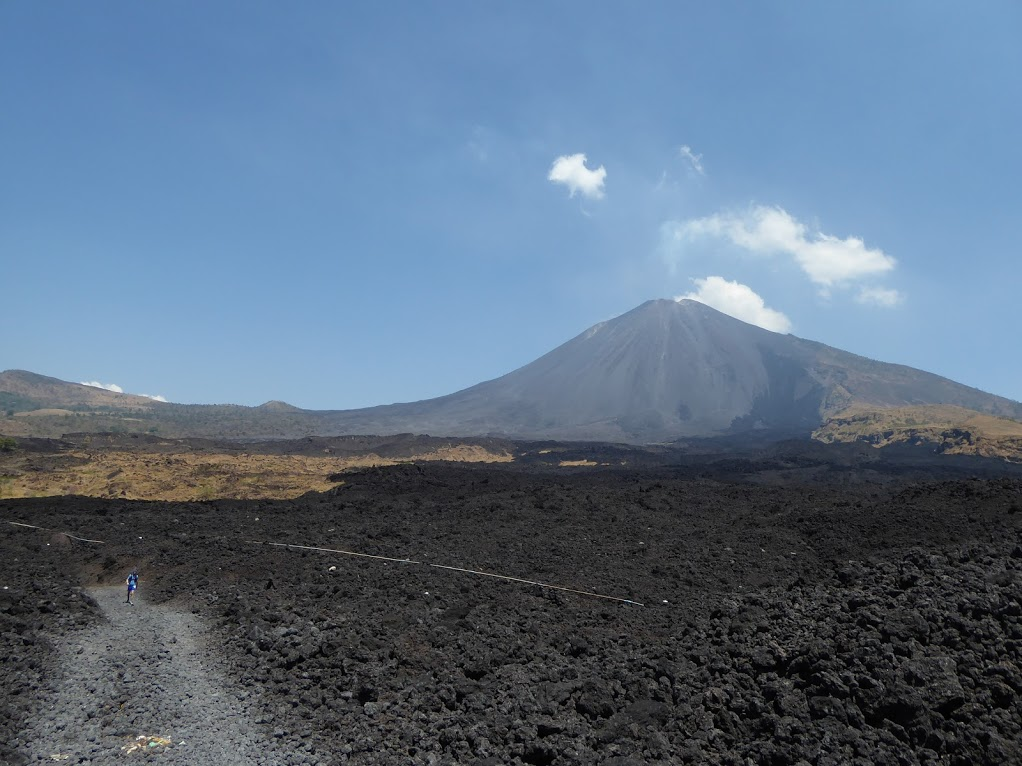
Do you ever feel out of your depth?
Working as part of a team, with more senior doctors at hand, is incredibly reassuring. Having less equipment available than in a hospital, means doing the basics well and maintaining good communication between the team are far more important skills than being able than possessing advanced clinical knowledge. When working as the only doctor, making sure there is a good evacuation plan, and ideally remote senior advice to hand, is essential before setting off.
Sell it to me.
Working with Exiles has allowed me to travel to incredible countries, and often to the more remote and less-visited areas. In Guatemala, we camped in parts of the rainforest which had not seen another human being for over three years. In the Namibian desert (a country of only 4 million people) we were camping many tens of kilometers from the nearest settlement. Exiles support races in the Gobi desert, northern Sweden (in winter!), through the Atlas mountains, across Costa Rican volcanoes, through the Peruvian rainforest and many many other places I would never think to visit otherwise.
My clinical skills have definitely benefited from venturing outside my comfort zone: I am better at making decisions with less information; being comfortable working without higher-level care facilities down the corridor, and having to improvise with limited resources available. I am also better at taking care of myself in challenging environments, and more aware of the human factors at play in team situations.
Finally, all the people involved and unfailingly enthusiastic and interesting. Teams are drawn from different healthcare professions and all levels of seniority, which creates a really interesting mix of experience. I’ve learned much from non-clinicians as well; for example, the mountain rescuers with whom I spent a week on the Pennines in the UK. They have simply the best stories! The runners are also very interesting (if slightly mad) group of people, many of whom have travelled across the world participating in events.
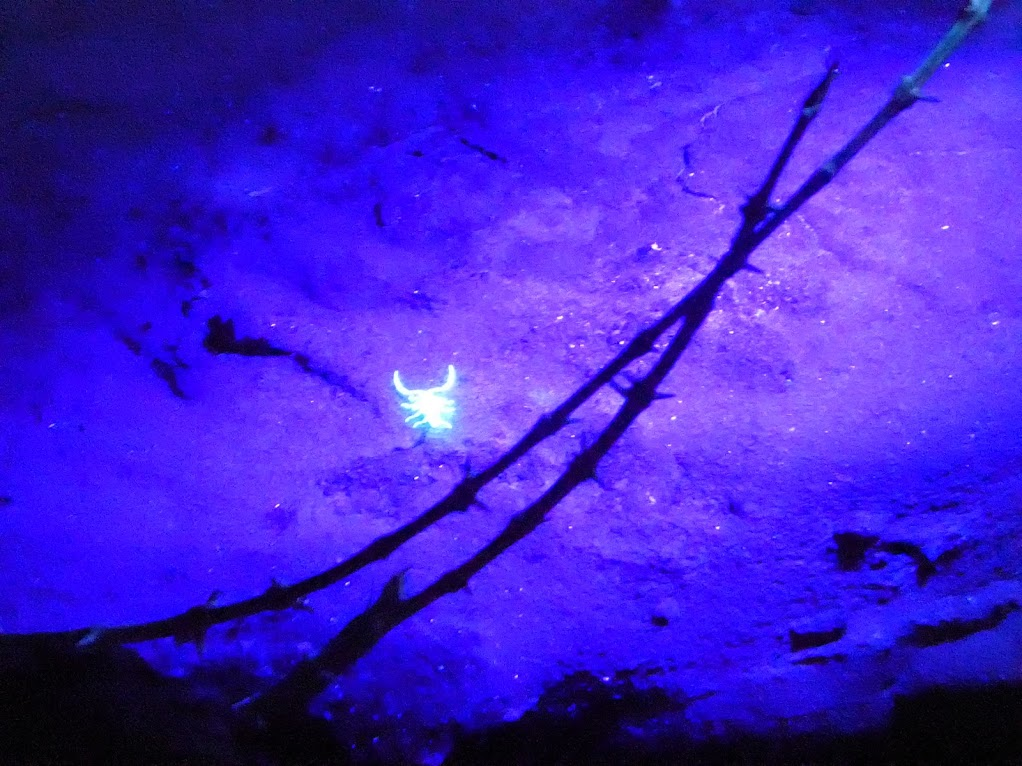
Has the DTM&H changed your perspective I asked myself this question the other day during lectures on the relationship between poverty, access to healthcare and health outcomes? According to the World Bank, many LMIC have 1 doctor per 10,000 people. We tend to come out with a team of up to 1 doctor to 10 - 1000 times this ratio! With all our kit (which includes an automated external defibrillator, penthrox, IV and oral medications, EpiPens...), we have far more at our disposal than many of the local healthcare facilities. In fact, the reason marathon companies employ companies like Exiles is that they are fully aware that the national healthcare systems are not able to deliver the standard of care their runners, who are largely expat., will be expecting.
Does this make me feel like we are driving these international inequalities? I’m not sure, but on a personal level, I view expedition medicine as an opportunity to gain experience working in resource-poor settings, which will make me a better humanitarian doctor in the future. Many of the medics I have worked with an expedition have used their experiences to work with refugees or NGOs in remote areas. There is also the opportunity to work as a medic on long term scientific and charitable endeavors.
Moreover, many of the events Exiles work on are paired with local charities. My first race in Uganda not only raised money for a local organisation supplying wheelchairs and other equipment for disabled children (there was no help from the Ugandan government for this) but also offered cheap training and entry for local Ugandan runners.
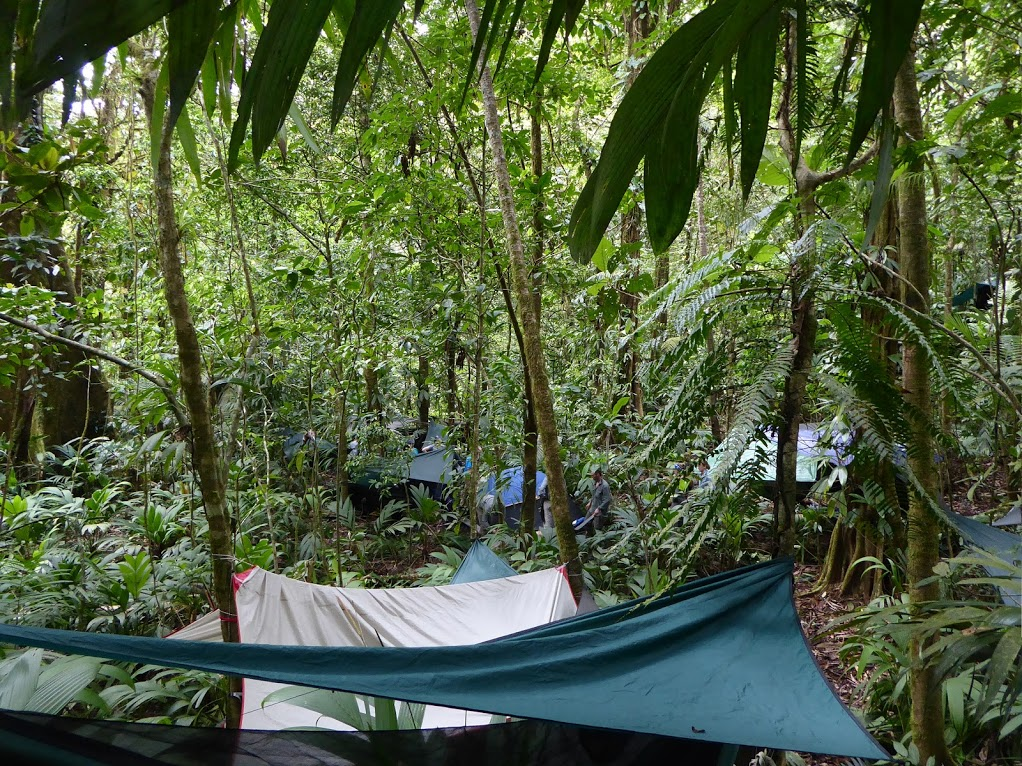
In summary, the market for expedition medics is expanding, and there is a need for professionals to contribute to the burgeoning evidence base and clinical governance structure under development. The main drawbacks are probably financial - sadly this is a professional interest which costs rather than earns money. However, any expedition medic will tell you it can be the most rewarding aspect of being a doctor, and one of the best uses for a medical degree. I am excited to see where it takes me in the future!